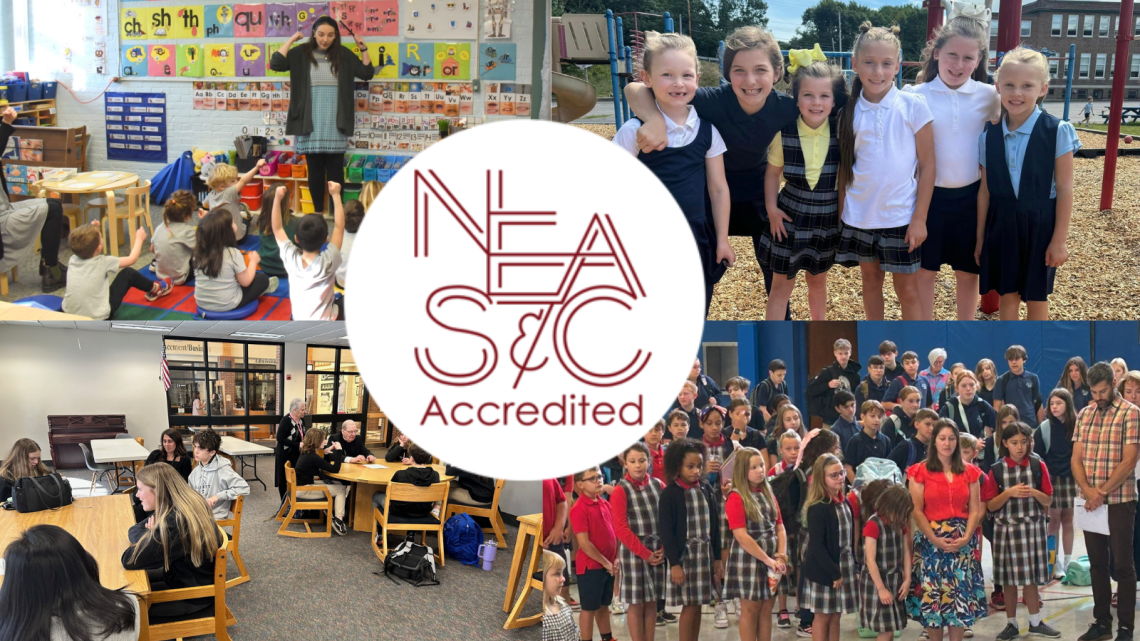All Diocesan Catholic schools now accredited by the New England Association of Schools and Colleges

The New England Association of Schools and Colleges (NEASC) has officially accredited all eight diocesan Catholic schools in Maine, which serve nearly 1,700 students in Pre-K through 12th grade.
The accreditation achievement is the culmination of years of hard work and dedication from administrators, teachers, and the entire Maine Catholic school community.
“We are thrilled to announce that all diocesan Catholic schools in Maine have achieved full accreditation from NEASC. This accomplishment is the result of years of dedication and hard work, starting with the visionary leadership of Marianne Pelletier, our former superintendent of Maine Catholic Schools,” Maine Catholic Schools Superintendent Shelly Wheeler said.
This summer, St. John’s Catholic School in Brunswick (grades pre-K through 8th grade) and Holy Cross School (grades pre-K through 8th grade) in South Portland received NEASC accreditation, joining the other six diocesan schools.
The list of diocesan Catholic schools with NEASC accreditation is:
- All Saints Catholic School, Bangor (St. John and St. Mary campuses)
- Holy Cross School, South Portland
- St. Brigid School, Portland
- St. Dominic Academy, (Lewiston and Auburn campuses)
- St. James School, Biddeford
- St. John’s Catholic School, Brunswick
- St. Michael School, Augusta
- St. Thomas School, Sanford
In addition, Cheverus High School in Portland, a Jesuit-run school, and Mount Merici Academy in Waterville, an Ursuline school, have earned accreditation.
“This milestone underscores our commitment to upholding the highest educational standards while continuously striving for improvement,” Wheeler continued, “It is a testament to the exceptional efforts of our school leaders and teachers, and a proud moment for our entire community. We remain devoted to providing excellence for our families, and this achievement highlights that commitment."
The New England Association of Schools and Colleges (NEASC) is an independent, voluntary, nonprofit membership organization. NEASC partners with over 1,500 public, independent, and international schools in the United States and worldwide to assess, support, and promote high quality education for all students through accreditation, professional assistance, and pursuit of best practices.
NEASC accreditation is based on a structured, self-study, which involves the entire school community, as well as a peer review by a visiting committee. It is a globally recognized standard of excellence. Accreditation shows that a school is striving to meet rigorous standards in education, that is committed to continual improvement, that it nurtures individual, creative accomplishments, and that it has shown integrity in its public outreach.
When a school is accredited, it receives a report highlighting areas of commendation, as well as some recommendations, both intended to help a school continue to strive for success.
In its report, the NEASC commended the St. John’s Catholic school administration, faculty, students, and parents for embracing and living out a mission anchored in faith. NEASC praised the administration for leading in a way that puts their mission first and for the school’s 53% increase in enrollment in the last five years.
The NEASC recommended improvements for St. John’s Catholic School including incorporating staffing needs such as nursing, guidance, and special education resources into the evolving strategic plan, especially as enrollment continues to grow.
“We are excited for St. John’s Catholic School! Congratulations to all on a job well done. The many commendations are impressive, and the recommendations will be most helpful. We’re appreciative of the time and effort that the NEASC visiting team put in to study our school and provide us with their detailed report,” St. John’s Catholic School Principal J.P. Yorkey said. “As an accredited school, we look forward to a long and productive relationship with NEASC.”
For Holy Cross School, NEASC recognized the strength of the Catholic identity at Holy Cross and the dedication of the faculty. NEASC applauded the faculty, staff, and administration for prioritizing the experience of the students. The NEASC report described the learning at Holy Cross as joyful and said the environment created at Holy Cross is instrumental to the development of young children.
As for areas of improvement, NEASC recommended Holy Cross School develop a cohesive, formal process for evaluation, feedback, self-reflection, and goal setting for teachers in support of a culture of continuous improvement.
“This recognition of Holy Cross School is the culmination of years of diligent work evaluating our school against national standards. Self-examination has led to improvements in areas and identified the great strengths of our school and its community. The teams from NEASC have proven invaluable providing an outside look at our school and making recommendations to continue our journey,” Holy Cross Principal William Ridge said.
Maine’s Catholic schools are vibrant centers of learning. Schools address not only the educational, physical and emotional needs of our students but also their spiritual needs, developing the whole person, created by God to know, love, and serve Him. Maine Catholic schools inspire students to feel welcomed and cherished for their unique gifts as they become faith-filled Christians, creative and critical thinkers, lifelong learners, and contribute confidently to our Church and communities.










